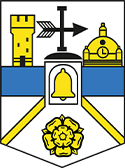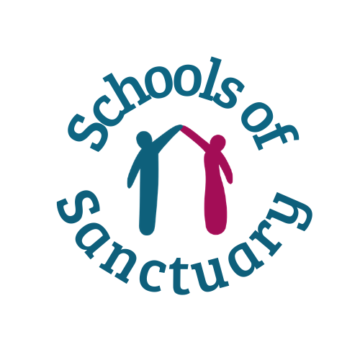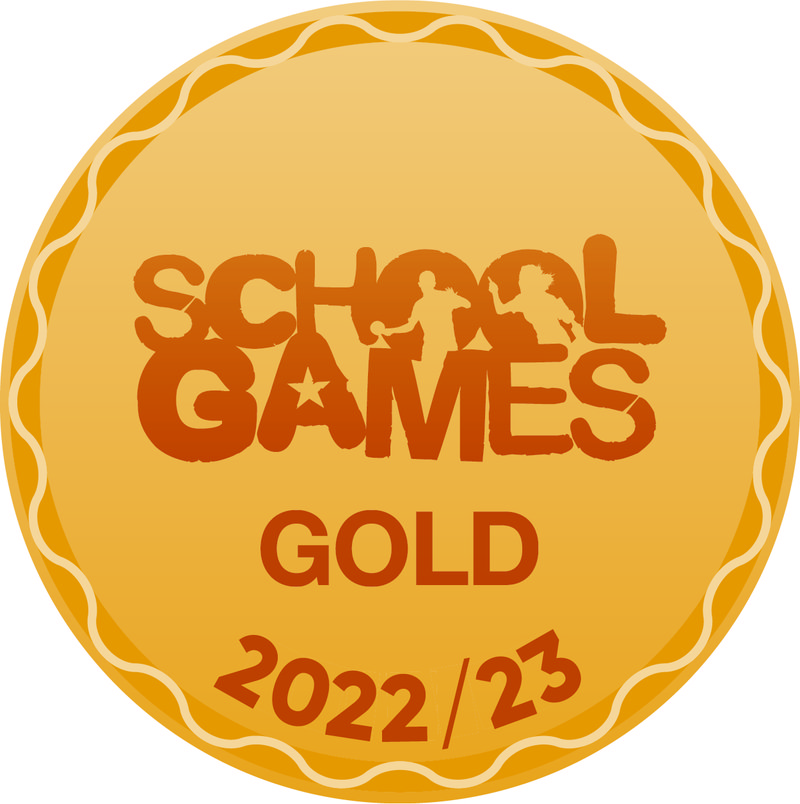French
Collaboration afternoon with South Craven for our Year 5 students
‘I liked the games – we used duolingo where we matched words in French. It made me feel excited to go to secondary school!’ Maisie Conway Y5'I liked the Spanish supermarket. We had to talk in Spanish and the teacher decided at the end who had the best basket. It was fun!' - Elle Mulloy Y5
Une vie honorable est une vie éternelle
An honorable life is an eternal life
Our curriculum leader for MFL is Mrs Emma Shone
Intent
At Glusburn Community Primary School we believe that the learning of a language provides a valuable educational, social and cultural experience for our pupils. Through language learning, we aim to help our children to develop communication skills, including skills in speaking, listening, reading and writing. The children’s knowledge of how language works will be developed and extended. In key stage two, the linguistic skills gained in one language, which in our school is French, will assist and lay foundations for further language learning at secondary school. Learning other languages gives children a new and broader perspective on the world, encouraging them to understand their own cultures and those of others.
Implementation
Children experience weekly MFL lessons, this allows them sufficient time to become fluent in their knowledge and skills, and recalls will ensure this is embedded in their long term memory.
Pupils are taught to:
- listen attentively to spoken language and show understanding by joining in and responding
- explore the patterns and sounds of language through songs and rhymes and link the spelling, sound and meaning of words
- engage in conversations; ask and answer questions; express opinions and respond to those of others; seek clarification and help
- speak in sentences, using familiar vocabulary, phrases and basic language structures
- develop accurate pronunciation and intonation so that others understand when they are reading aloud or using familiar words and phrases
- present ideas and information orally to a range of audiences
- read carefully and show understanding of words, phrases and simple writing
- appreciate stories, songs, poems and rhymes in the language
- broaden their vocabulary and develop their ability to understand new words that are introduced into familiar written material, including through using a dictionary
- write phrases from memory, and adapt these to create new sentences, to express ideas clearly
- describe people, places, things and actions orally and in writing
How is MFL enabled in the Early Years?
In Early Years MFL is taught through the Specific area of Understanding the World: People and Communities and is enabled through for example: providing activities and opportunities for children to share experiences and knowledge from different parts of their lives with each other; inviting children and families with experiences of living in other countries to bring in photographs and objects from their home cultures including those from family members living in different areas of the UK and abroad; ensuring the use of modern photographs of parts of the world that are commonly stereotyped and misrepresented; helping children to learn positive attitudes and challenge negative attitudes and stereotypes, visiting different parts of the local community; providing role-play areas with a variety of resources reflecting diversity; making a display with the children, showing all the people who make up the community of the setting; inviting people from a range of cultural backgrounds to talk about aspects of their lives or the things they do in their work, such as a volunteer who helps people become familiar with the local area.
How does our French curriculum reflect our values and ethos?
At Glusburn School we believe that through the languages curriculum, all pupils have the right to a rich and deep learning experience that includes the learning of the basics of an additional language. The study of languages prepares pupils to participate in a rapidly changing world in which work and other activities are increasingly carried out in communication other than English. Language learning also provides liberation from insularity, provides an opening to other cultures and enables access to ideas and experiences from a wide range of people, communities and cultures across our school and the wider demographic. Increased capability in the use of languages can also promote initiative and independent learning and encourages diversity within society.
UNCRC Article 29: Education must develop every child’s personality, talents and abilities to the full. It must encourage the child’s respect for human rights, as well as respect for their parents, their own and other cultures, and the environment.
UNCRC ARTICLE 13 Every child has the right to find out and distribute information and to express their ideas – through talking, writing, art or any other form of expression.
How does the MFL curriculum impact on children's cultural capital and in becoming well rounded citizens?
The teaching of cultural capital through MFL encourages children to have a ‘global’ and ‘outward thinking’ view of the world. We want them to develop understanding, tolerance and an appreciation of the rich culture of the countries whose language they are studying. It doesn’t matter if they have never experienced another culture - they may or may not have – we can give them equity here.
Pupils with special educational needs and disability
We recognise that pupils with SEND have a range of different needs and starting points. Some of our pupils have severe, complex or profound needs that have a significant impact on their cognitive development, especially the way that they are able to make alterations to their long-term memory. Teachers are ambitious for all pupils including those with SEND, developing and adapting the curriculum so that it is coherently sequenced to all pupils’ needs, starting points and aspirations for the future; acquiring the knowledge and cultural capital they need to succeed in life.
UNCRC ARTICLE 23: A child with a disability has the right to live a full and decent life in conditions that promote dignity, independence and an active role in the community.
MFL long term plan
adapted mfl long term plan may 2023 2 .pdf









